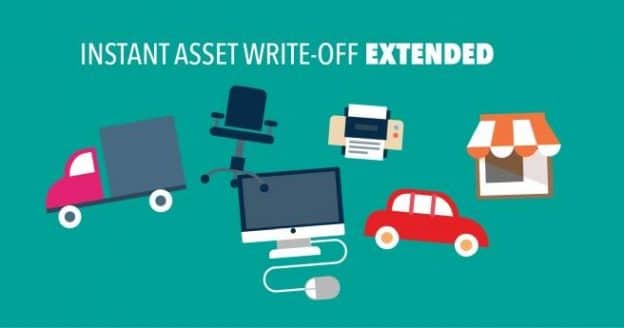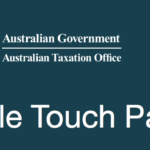
Superannuation – Pay Day Changes Looming
Businesses and Industries will soon get their say on looming superannuation changes requiring Employers to pay contributions at the same time as a worker’s salary.
This change is aimed at reducing the risk of unpaid superannuation debts when a company collapses into bankruptcy and making it easier for workers to track when their super is not being paid.
“The non-payment and underpayment of superannuation guarantee contributions by employers risks the retirement income of millions of employees”
The start date will provide employers, superfunds and payroll providers, and other parts of the superannuation system with sufficient time to prepare for the change. The Government has released a new consultation paper seeking feedback on these changes.
Along with the super pay day changes, the Government is also looking to beef up the ATO to detect and recover super payments that have not been placed in the funds of the employees.
Consultation on the proposed changes will be open for Businesses and Industries to suggest improvements until November 3.






